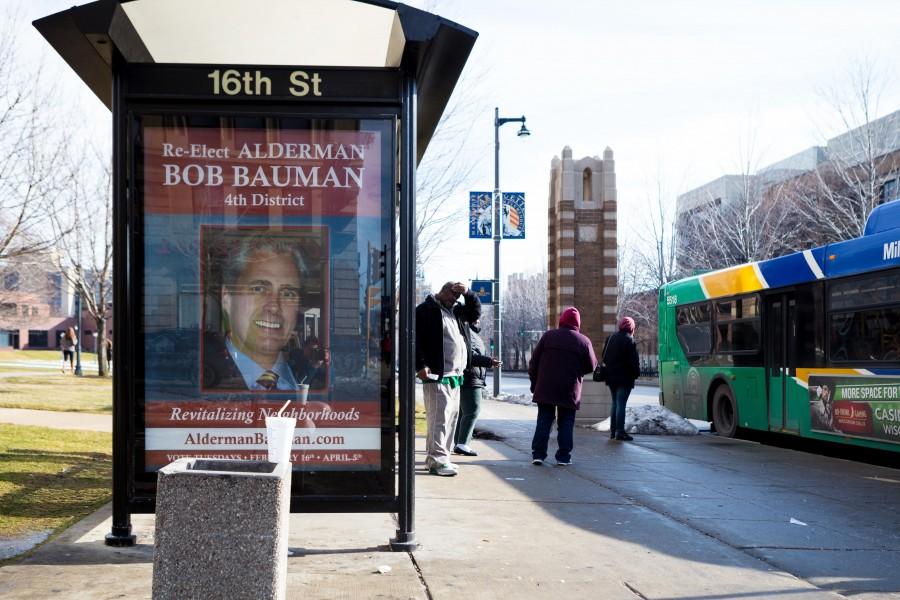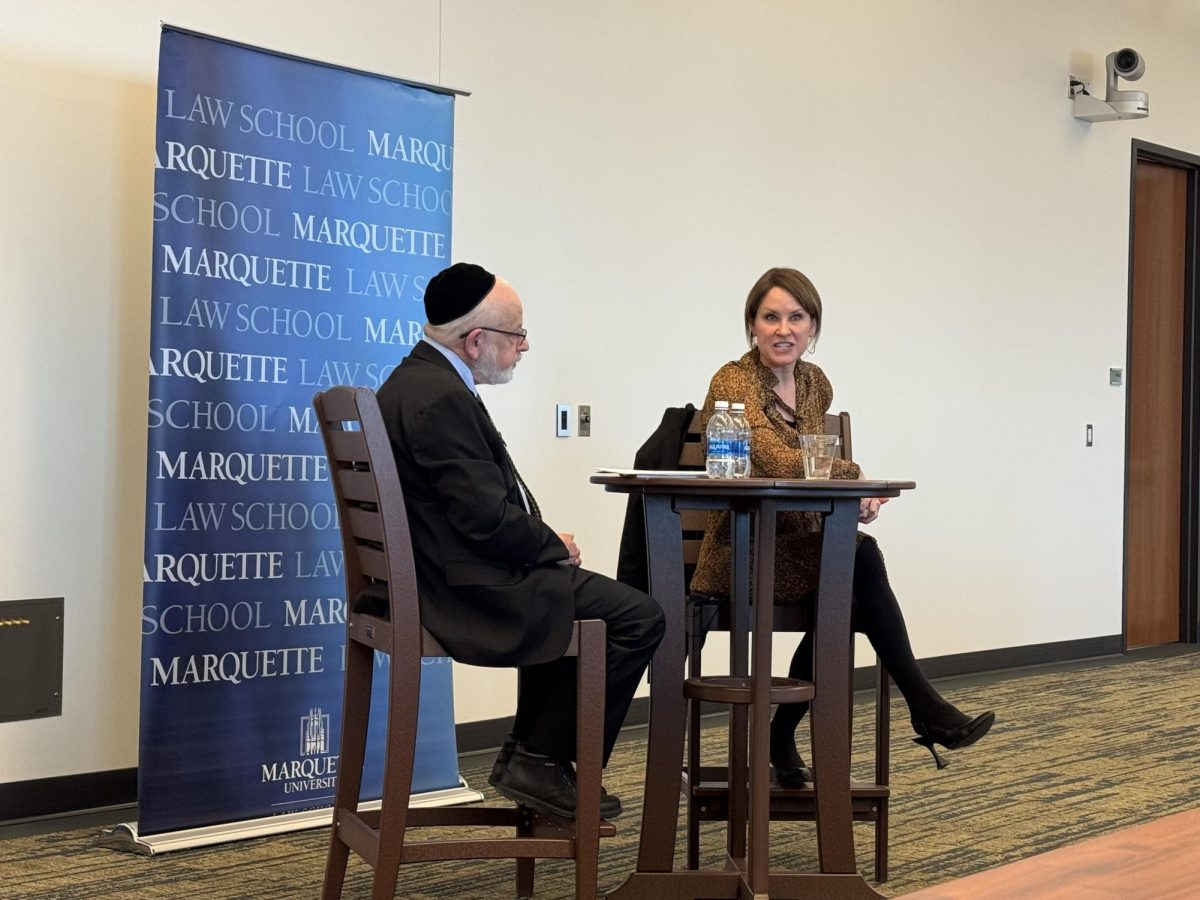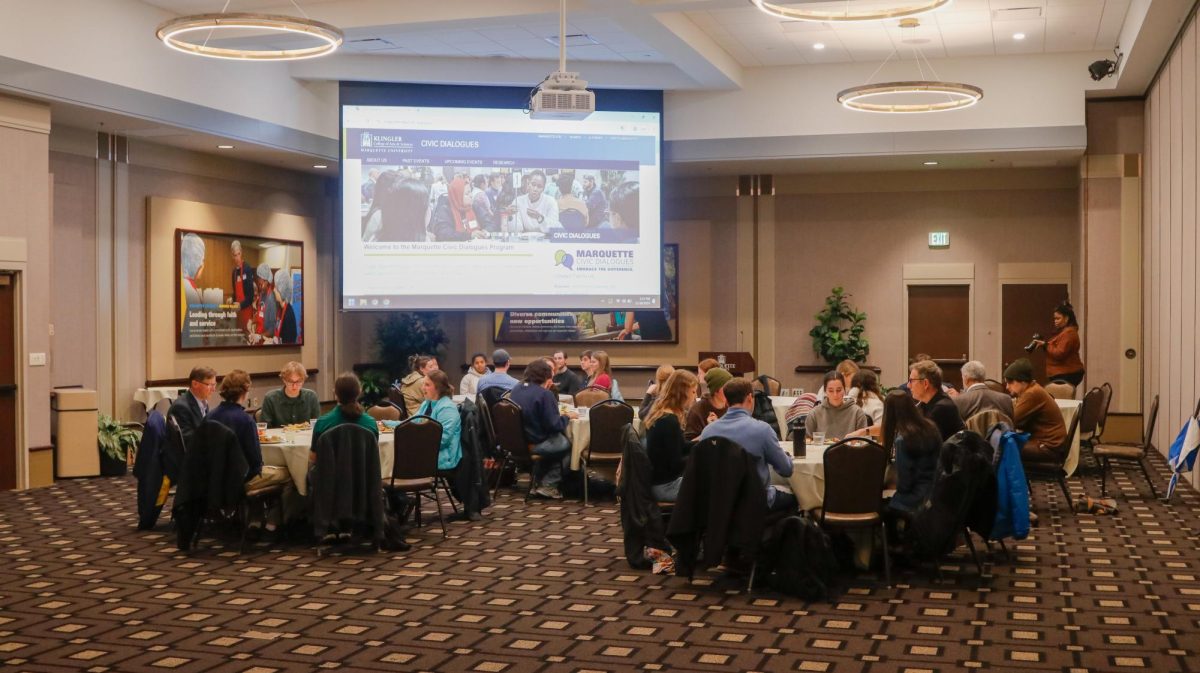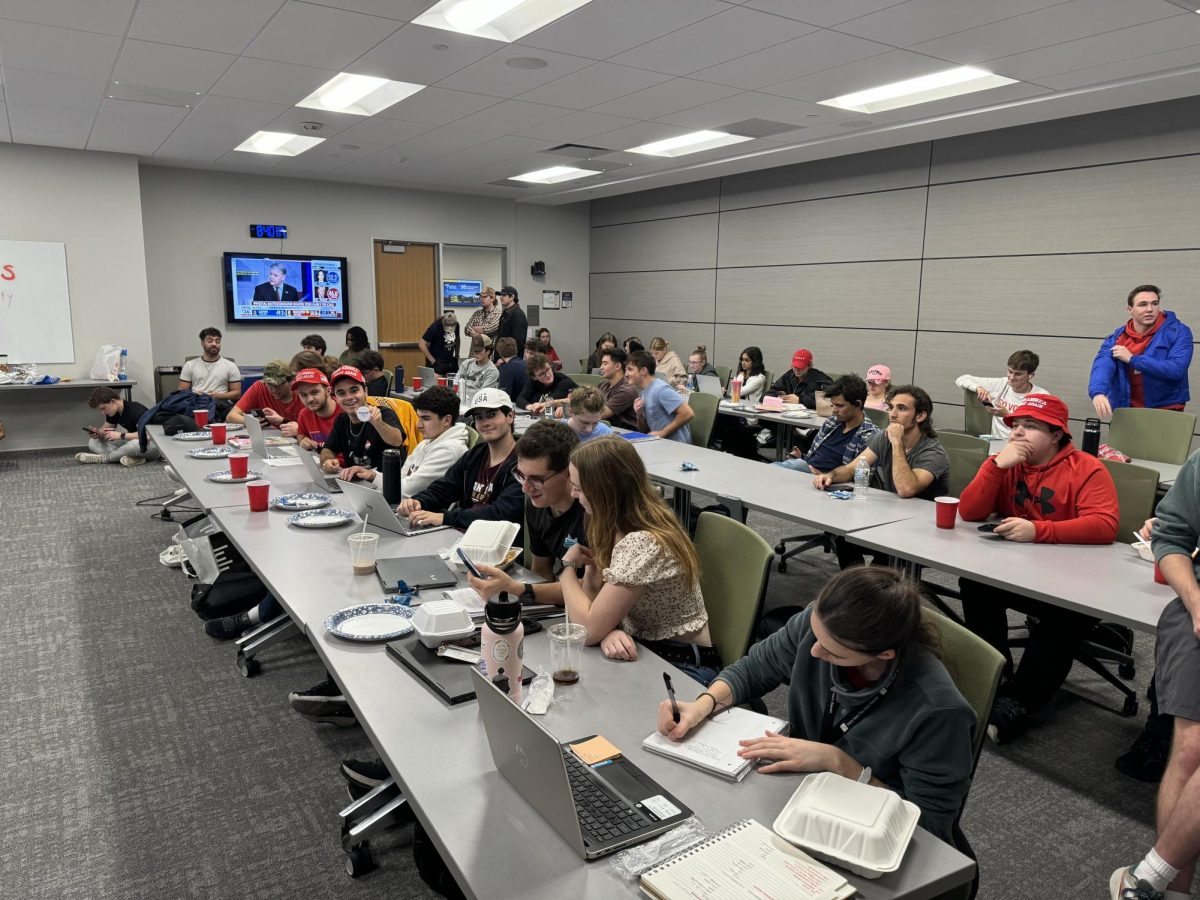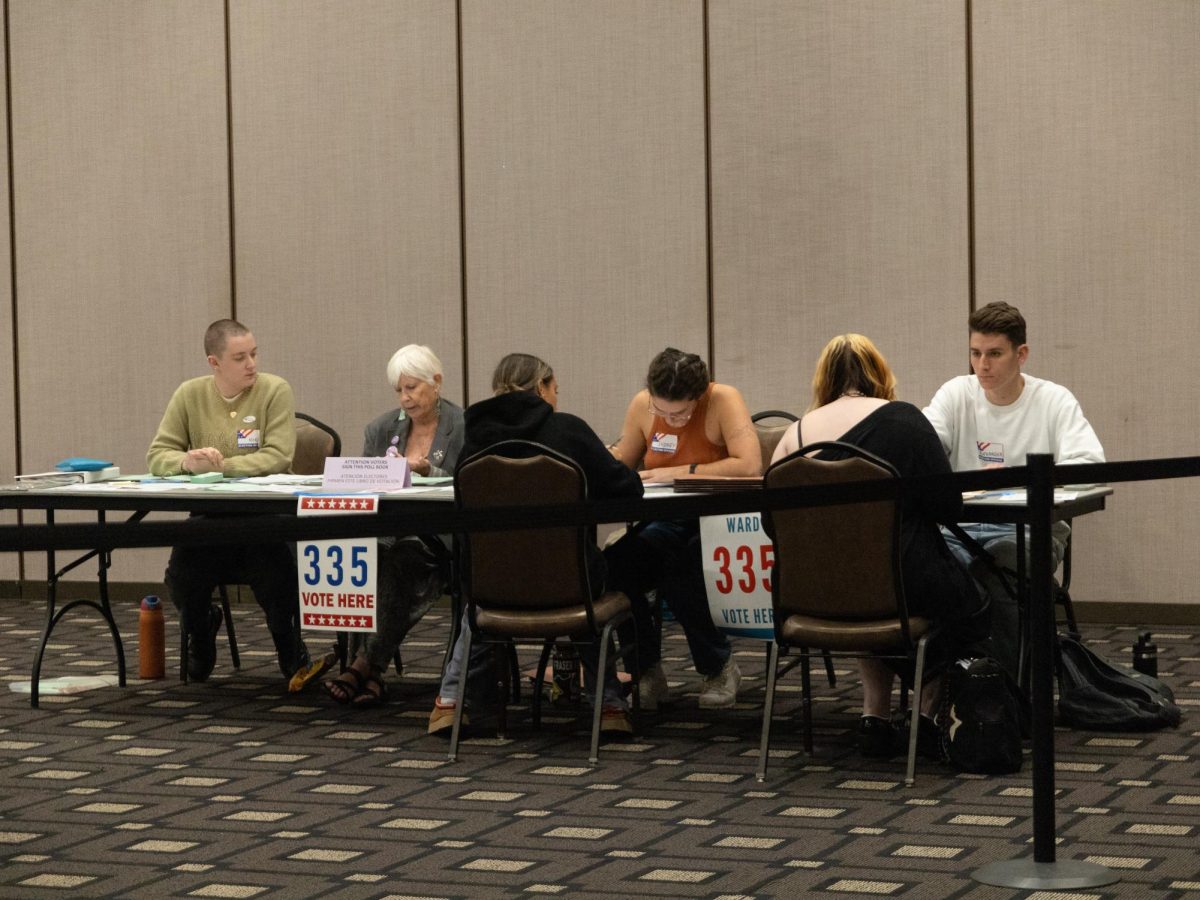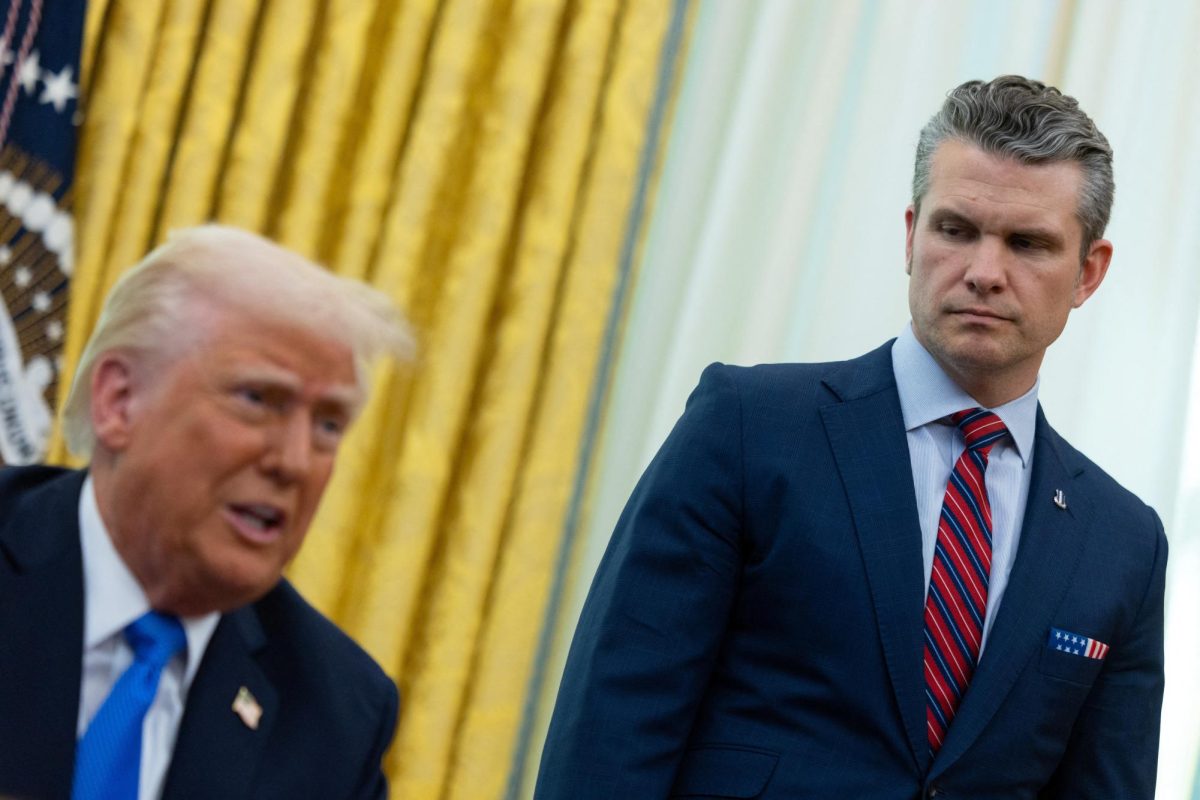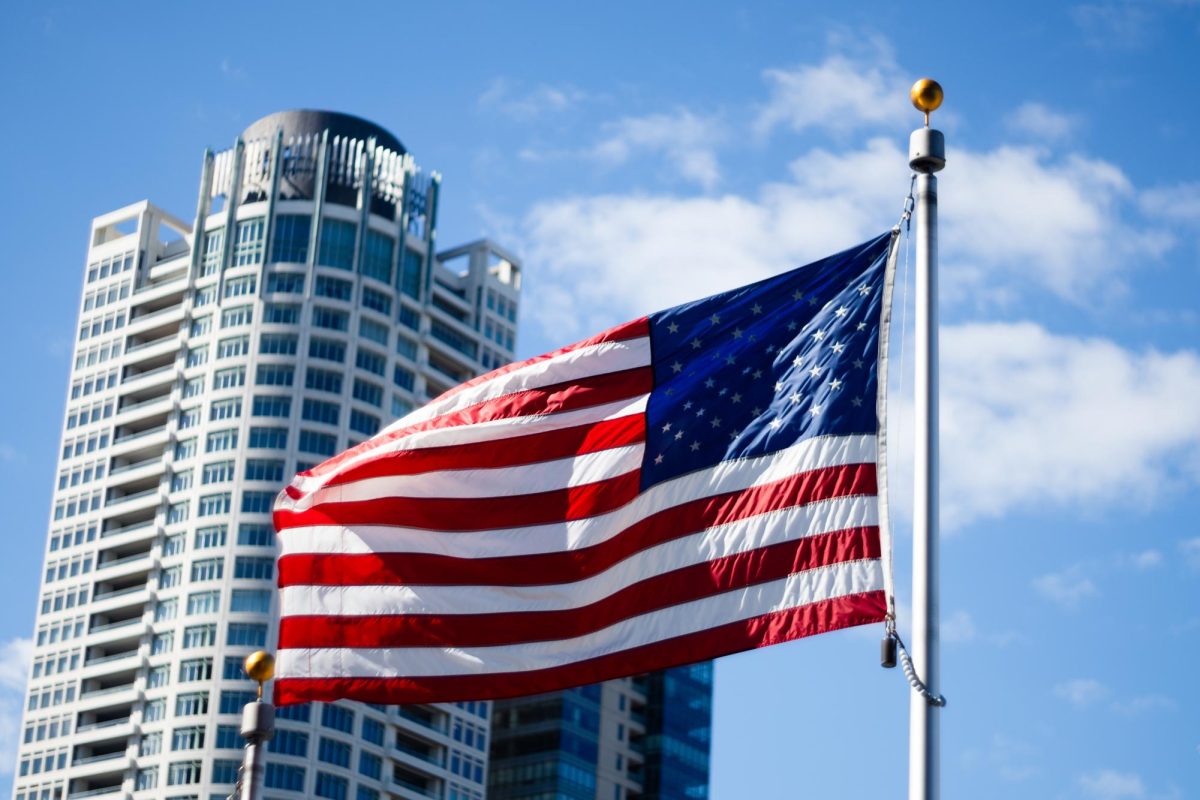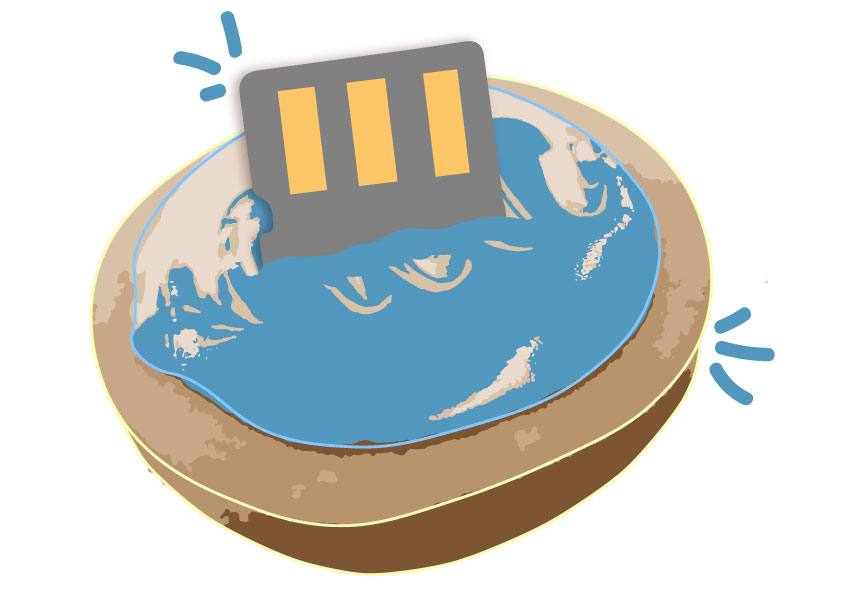Pop quiz: Who is your state’s governor? Okay, I guess that’s an easy one. What about your state senators? Your district representative? Do you even know what district you are a part of?
Maybe you know the answers to all of those questions. Maybe I shouldn’t assume that most people wouldn’t know. But if you weren’t able to answer all of those questions, do you just not care? It’s no secret that local elections see fewer votes than the presidential elections. It even makes sense; people care more about who is going to be the next most powerful person in the world than they do about who’s going to get to hold big scissors at the town’s next ribbon cutting photo-op.
While I understand the logic behind caring more about a national election than a local election, I think the logic is wrong. President Obama doesn’t care about Milwaukee. He doesn’t think about Milwaukee’s job situation or the city’s drinking water might be harmful. Even the governor doesn’t focus solely on our small city trials and tribulations.
The people who can actually make an immediate and specific impact on our day-to-day civil lives are the ones whose names are either forgotten or never learned. Your city’s mayoral and district representative elections should be just as important to you as the race for the White House, if not more so.
I understand that it’s easy to be apathetic about local politics when you’re a college student who will likely leave the city in a few years. But what if you get an awesome job opportunity and decide to stay? What about the people who won’t be leaving? In Wisconsin, students are allowed to vote in state and local elections as long as they have proof of residency. So, if you get mail sent to your dorm room, you’re allowed to register as a Wisconsin voter.
Of course, if you think that your vote would be more useful in your hometown, you can vote there instead, you just need to fill out an absentee voter form.
Frankly, if you don’t vote, you shouldn’t get an opinion. If you choose not to use your voice in the most protected way offered to you, then maybe you shouldn’t use it at all. If you’re upset about the way an election turned out but didn’t vote, what did you expect? If you are angry that Scott Walker won the last election, but you didn’t vote, I don’t want to hear what you think even if I agree with you.
Harsh? Maybe, but at what point do we stop whining about the political affairs of our local governments and actually start trying to do something about it?
Politics and government are complex. It can be confusing and time consuming to make educated decisions about elections, but it’s important that we spend the time and energy to do so. Someone who you disagree with is going to vote for a candidate you don’t like. Victors of local elections can be determined by a difference of a handful of votes. If you want changes made in your city and state, you need to start by stacking the local government in your favor.

